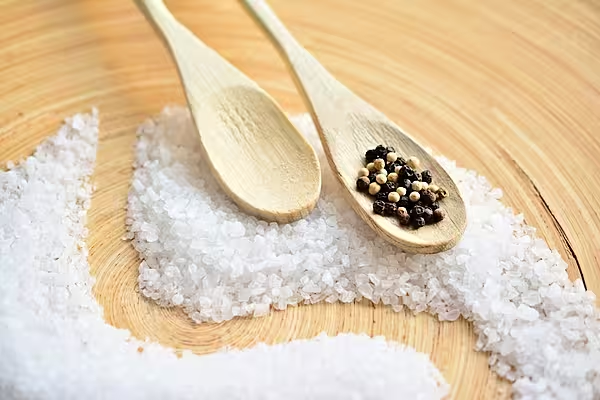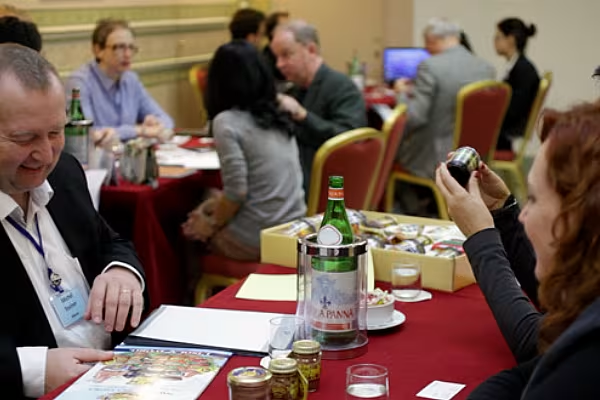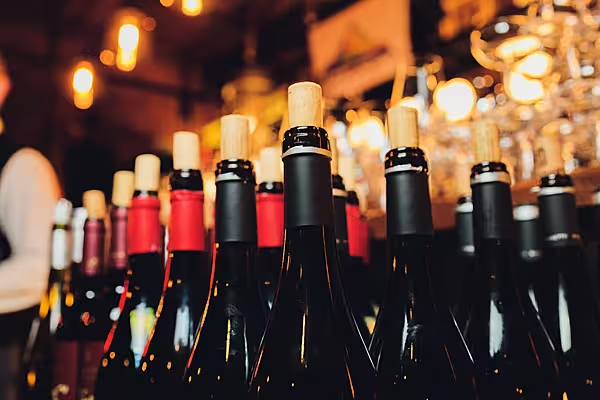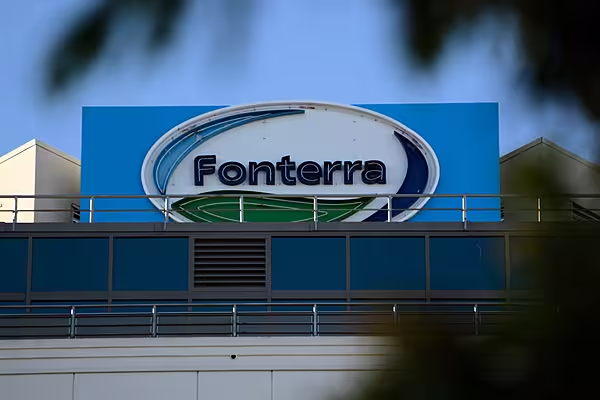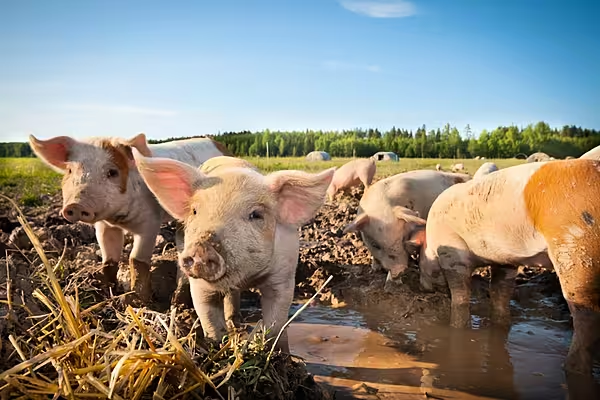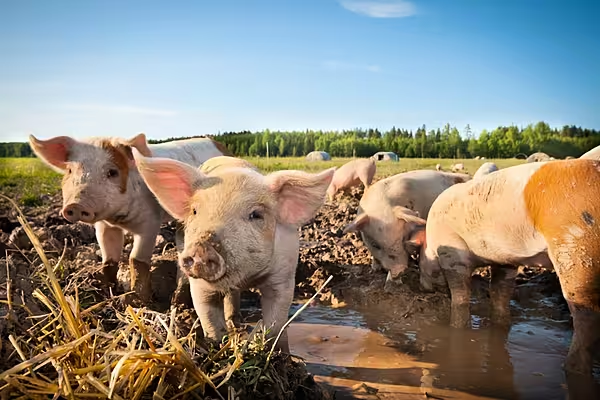Friend Of The Sea, a leading certification standard for products and services that respect and protect the marine environment, has unveiled a certification standard for sustainable sea salt production.
According to the group, sea salt practices can have a 'significant impact' on marine and coastal wildlife.
Companies that meet the sea salt certification criteria can the Friend of the Sea eco-label on their sea salt products.
“Salt is so common that we often forget that much of it comes from the sea,” said Paolo Bray, Director of Friend of the Sea. “Protecting the marine environment needs to include ensuring that sea salt production practices are sustainable.”
Production Method
While the method used in sea salt production has changed little in thousands of years, modern production techniques can affect the marine ecosystem as well as flora and fauna, through the process' tendency to disrupt the natural flow of water at the shoreline.
To meet the Friend of the Sea requirements, a sea salt producer must pass an audit. The audit examines the producers social and environmental management systems, emergency procedures, machinery and equipment, legal compliance and conservation of the ecosystem.
In this latter category, the salt producer must affirm that construction of their salt pans has not destroyed any natural ecosystem. If there has been environmental damage, the salt producer must provide a mitigation plan.
The audit also looks at the impact of the salt facility on the aquatic ecosystem and use of hazardous substances, along with many other factors
© 2020 European Supermarket Magazine – your source for the latest retail news. Article by Stephen Wynne-Jones. Click subscribe to sign up to ESM: European Supermarket Magazine.
